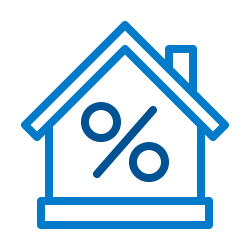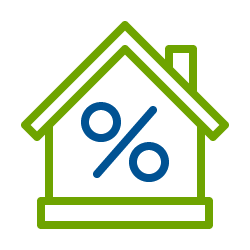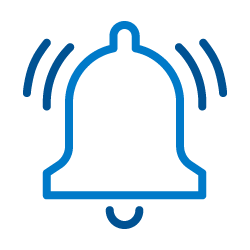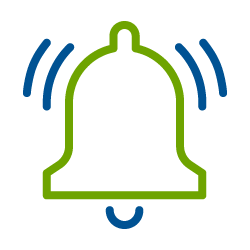Be cautious with your personal information
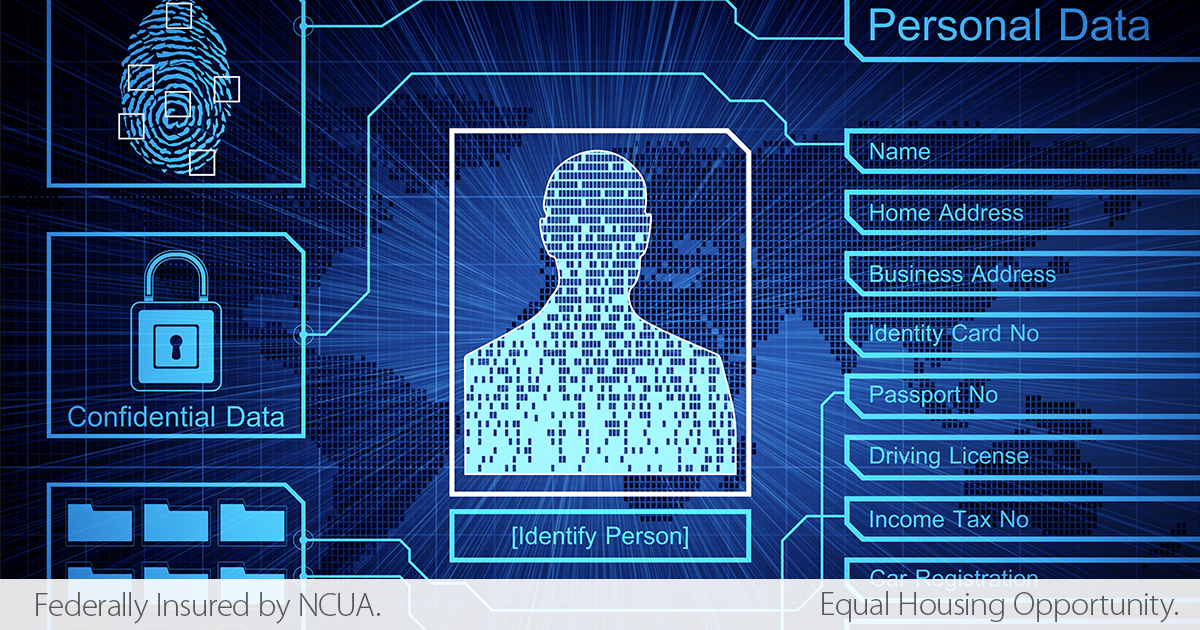
“There’s no such thing as asking too many questions when you need to verify that a phone call or email is not fraudulent.”
Don’t fall victim to a texting, email, or phone phishing scam by following these tips:
Start by setting some security features on your email account and computer. Here are a few things that you can do to help:
- Switch on the spam filters for suspected fraud emails in your email settings.
- If you don’t have these spam filter/fraud protection options, then consider switching email providers.
- Add a spam/pop-up blocker in your internet browser settings.
- For further protection, you can try a free anti-virus software like AVG or Avast.
While these security features can help block fraud attempts, you can still receive some suspicious messages. Practice these tips:
- If you don’t recognize the phone number or email address, then you should be suspicious of the message from the start. Don’t click on any links or respond.
- If you do recognize the email address, double check that it is spelled correctly. Usually, fraudsters will change one letter or symbol in the address, or the email provider will not be a well-known one like gmail.com, yahoo.com, or outlook.com.
- For example:
- jrsmith@userdomain.com has an unusual email provider.
- jrsmith@paypall.com has an extra letter in PayPal and is hard to notice.
- ups_shipment@ups-notice.com uses random symbols in the email address to make it a little different.
- To help address any concerns with the validity of the email sender, you can try Google searching the email address to see if it is a reputable source.
- For example:
- If you do recognize the phone number, answer to confirm the person’s identity. This is important because phone numbers can be spoofed by fraudsters to make the call seem like a local call.
- If you don’t recognize the voice, ask a few questions to verify their identity. There are never too many questions when protecting your personal information.
- For further protection, you can follow these tips provided by Norton Anti-Virus
Centra will never call and ask for your personal information, including:
- Account numbers
- Member number
- Credit and debit card numbers
- Social Security number
- Digital banking username and password
- Digital banking security codes
Centra will also never tell you how to respond to a fraud alert text message. If someone calls you claiming to be from Centra and asks for any personal information, you should hang up immediately and call your nearest Centra location or our Contact Center at 800-232-3642.
It’s important to remember that even when you’re cautious, these are professional scam artists, and they can be difficult to spot. If you do become a victim of fraud, there are steps you can take. We also have Team Members who can help you. If you experience card fraud after Centra’s business hours, support is still available. First, you can log into your digital banking, choose ‘Card Management’ under the ‘Account Services’ menu, and turn off your card to prevent and further transactions. Next, call our 24/7 fraud support:
- For debit card fraud, call 844-698-7053.
- For credit card fraud, call 888-918-7341.
While fraud is never 100% preventable, being proactive is still the best way to reduce your chances of falling victim to fraud. If you have a Centra Debit Mastercard, you can register for MasterCard Identity Theft Protection for even further monitoring on your personal information. There’s no such thing as too much fraud protection and prevention when it comes to your private information.







